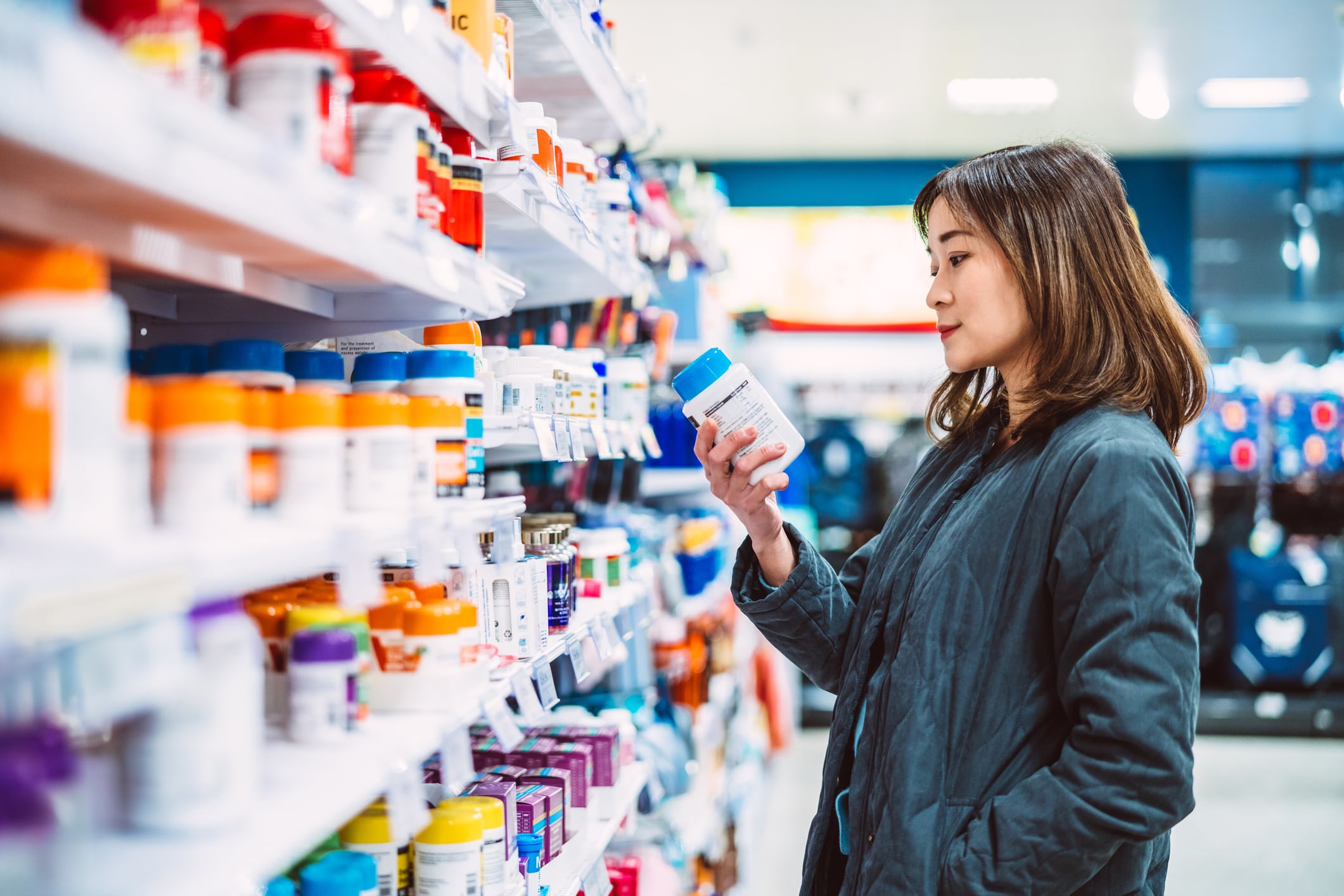The report, Supplements: The Consumer View, reveals that supplement use has spiked since the COVID-19 pandemic, increasing from just 34% in 2018.
President of HealthFocus International, Julie Johnson, who has a 26-year career in consumer insights, says this trend reflects a shift in consumer priorities.
“More people are turning to supplements now because health has become a bigger priority, especially after COVID,”she told NutraIngredients. “There’s a stronger focus on prevention—people don’t want to wait until they’re sick to start taking care of themselves."
“Plus, we’ve got aging populations, busier lifestyles and more personalized health tools like wearables or DNA tests that help people understand what their bodies might need,” she added. “Social media plays a huge role too—influencers have made supplement use feel normal, even aspirational. It’s a mix of awareness, convenience and culture all coming together.”
Using data from more than 13,500 people across 25 countries, the report also sheds light on consumer attitudes towards supplement safety and efficacy, the most popular types, emerging trends and barriers to use.
Immunity tops the list as most sought-after benefit
The report reveals that consumers are increasingly looking for targeted health benefits, with younger consumers and households with children leading this trend.
Immunity sits at the top of the list, with 60% of global consumers saying they were very interested in supporting their immune system with supplements. This was followed by digestive health (56%), energy (55%), mental performance (55%) and appearance (51%).
When looking at Europe specifically, participants from France and the UK cited immunity, energy and gut health as their top three priorities, with Germany swapping out gut health for cognitive function.
“These top health goals really reflect the pressures of modern life,” Johnson said. “After the pandemic, immunity became a huge focus. Digestive health is big too, especially as more people learn about the gut-brain connection.
“Energy and mental clarity are constant needs in our fast-paced, digital world—people are juggling a lot, and they are looking for ways to stay sharp and alert. And appearance? That’s always been a priority, but with social media, the demand for beauty-from-within solutions like collagen has really taken off.”
Personalized supplementation is also becoming popular, with 61% of consumers now aware of this emerging trend. This is largely driven by younger consumers between the ages of 18 and 39, with much lower awareness among those 50 and older.
The same is true of children’s supplements, with nearly four in 10 parents or caregivers giving children supplements at least twice a week. However, this varies hugely from country to country, with the Philippines leading the way at 75% and India and Indonesia following at 53% and 52%, respectively. Yet in Europe, only 30% of households use children’s supplements.
The ‘Trust Gap’
The report also identified a number of barriers to supplement use. When participants were asked why they do not use supplements more often, 42% cited cost as the top issue. Meanwhile, 34% said they get enough nutrients from their diet, and 23% said they forget to take them.
In addition, 22% of participants said supplements are not natural, 17% said they are not effective, and 14% said they are not safe.
This reflects an ongoing ‘trust gap’ with the supplement industry, with food, drink and prescription medications considered more effective and safer than supplements.
Health Focus reported that 71% of those surveyed said food and beverages are effective for treating health issues, and 62% said the same for prescription medication. Supplements lagged behind at just 50%, with only 45% agreeing that supplements are safe. Comparatively, 66% and 53% of consumers, respectively, said food and drink and prescription medications were safe.
“There’s definitely a trust gap with supplements, and a big part of that is regulation—they’re just not held to the same standards as food or pharma, so quality can really vary,” Johnson said. “Plus, you’ve got some brands making bold claims without much science behind them, and labels that aren’t always transparent.”
“The market is also flooded with low-quality products, which hurts credibility,” she added. “With food and drink, people feel more confident—they’re familiar, more tightly regulated, and you can usually see what you’re getting."
As a result, consumers are now demanding more from supplement companies, according to Nick Morgan, founder and managing director at Nutrition Integrated, who says many are looking for ‘clean’ ingredients and formulations.
“Brands are being challenged to ensure their products are cleaner, more understandable and more relatable,” he told NI. “In many instances, supplements may still be a better solution than food, depending on factors like time, dose and so on. [Consumers] are pushing brands to continue to create the best natural and transparent products possible.”
Interest in whole food supplements is rising
This trend appears to be driving demand for whole food supplements, according to the report, with nearly one third of consumers now regularly using such solutions.
Angela Johnson, dietary and nutrition insights manager at HealthFocus International, said this is because consumers are increasingly recognizing that a single food can provide multiple beneficial compounds, offering a more holistic approach to health and wellness.
“Whole-food-based supplements are gaining traction, especially because they feature recognizable ingredients,” she said. “For instance, consumers may feel more comfortable choosing broccoli sprout extract over a supplement containing just sulforaphane, a single beneficial compound from sprouts. These supplements also appeal to ‘natural’ enthusiasts, as they undergo less processing.”
Morgan says this is also driven by consumer preferences for ‘pure’ nutrient sources and the desire for familiar, well-understood ingredients.
“[As a society], we know and understand whole foods,” he said. “We are taught from a young age the health benefits of food in its purest form. Supplements often include ingredients people are not always familiar with and include processes the majority don’t understand. These are basic barriers brands need to overcome through good communication.”





